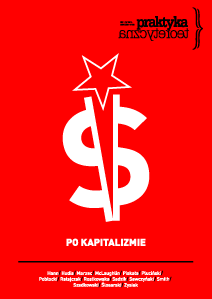

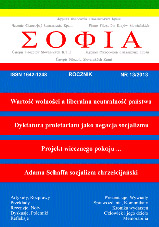
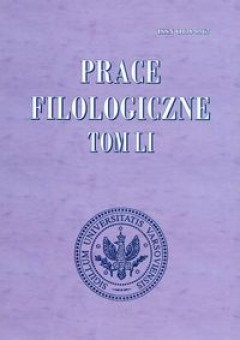
Keywords: dialektologia; leksykologia gwarowa; słownik gwar śląskich; dialectology; dialectal lexicography; Silesian dialect dictionary
The process of working on {Silesian Dialects Dictionary} has been continued since 1998. Seven volumes of the dictionary were published in 2000-2004. The dictionary is based on materials base that has been created since the end of the 50s of 20th century. Many chronological cultural layers of the materials cause a lot of methodological problems. After the publishing of the few volumes of the dictionary and gathering some editorial experiences there is a possibility of modifying some of the principles. Nevertheless, they do not destroy the methodological bases of the dictionary. First modifications were introduced in 6th volume and they concern etymological information. In place of the shorter information about origin of the words the full form appears. Because of the specificity of the region it mainly concerns the Germanisms that bring about a lot of interpretative problems. Because of the chronology and because of the level of the adaptation there should be distinguished a few layers, however we bring all of them to one type. The phonetics also makes a lot of trouble. The high phonetic diversity of Silesian dialects causes that different forms have to be brought to the one common form. There are also some artificial structures which do not appear in dialects. The next problem is connected with the phonetic transcription. It may be a barrier for the reader who is not a philologist. Therefore, in the future we mayreplace the phonetic transcription with a half-phonetic one. The idea has not been decided upon yet. In the process of working on the dictionary we are faced with new problems which were impossible to predict during early stages of the dictionary development.
More...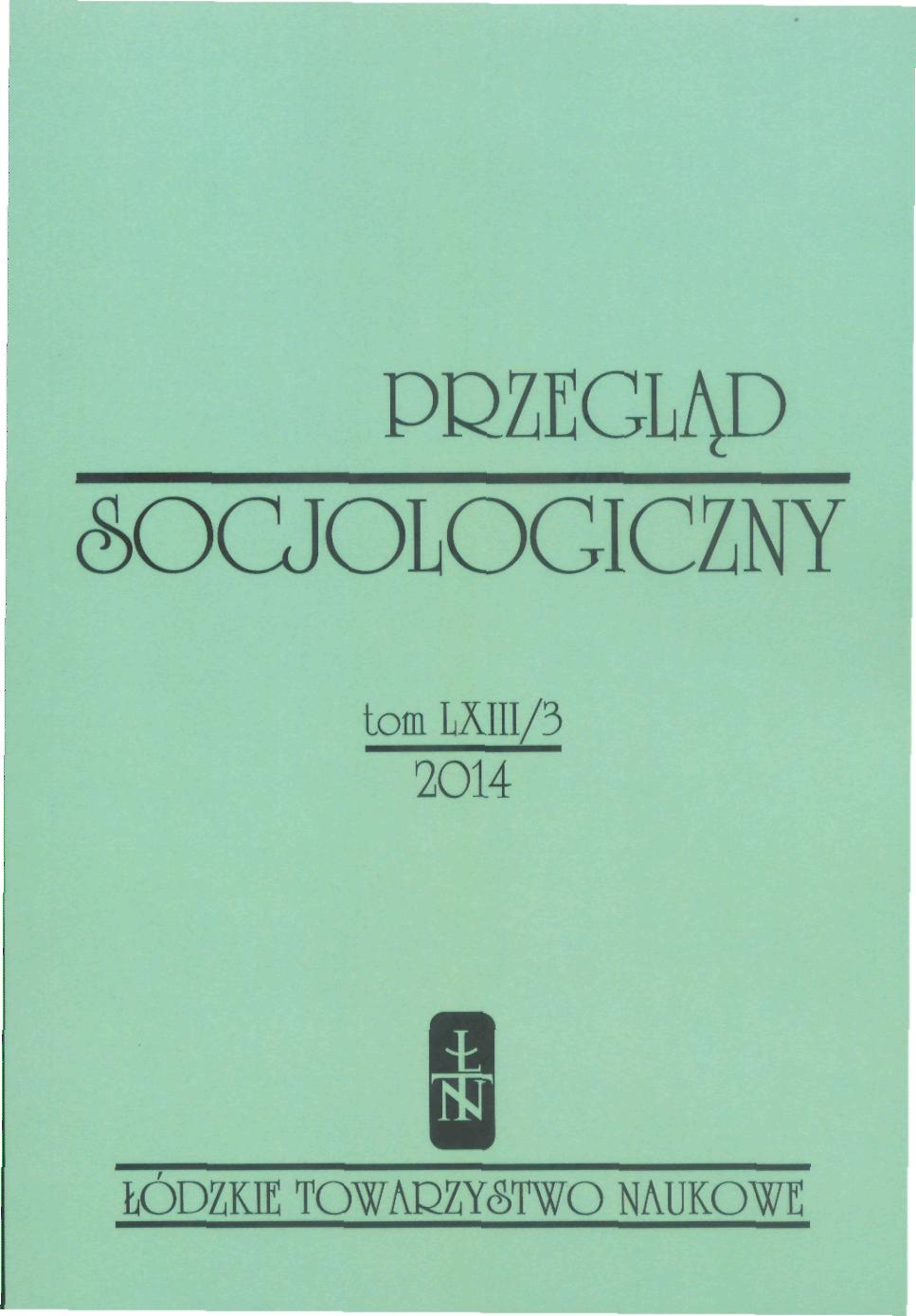
Siedząc za biurkiem, łatwo snuć projekty „dobrego Uniwersytetu”. Piszę wielką literą, ponieważ jako idea jest on czymś jedynym i niepowtarzalnym, jest to zatem nazwa własna. Łatwo też narzekać na to, co nam przeszkadza, irytuje, bądź rzuca się w oczy jako bezsensowne. Łatwo wreszcie popaść w coś, co można określić mianem „krytyki kultury”, tj. w coś, co w gruncie rzeczy jest wyrafinowaną formą narzekania na czasy, w których żyjemy.
More...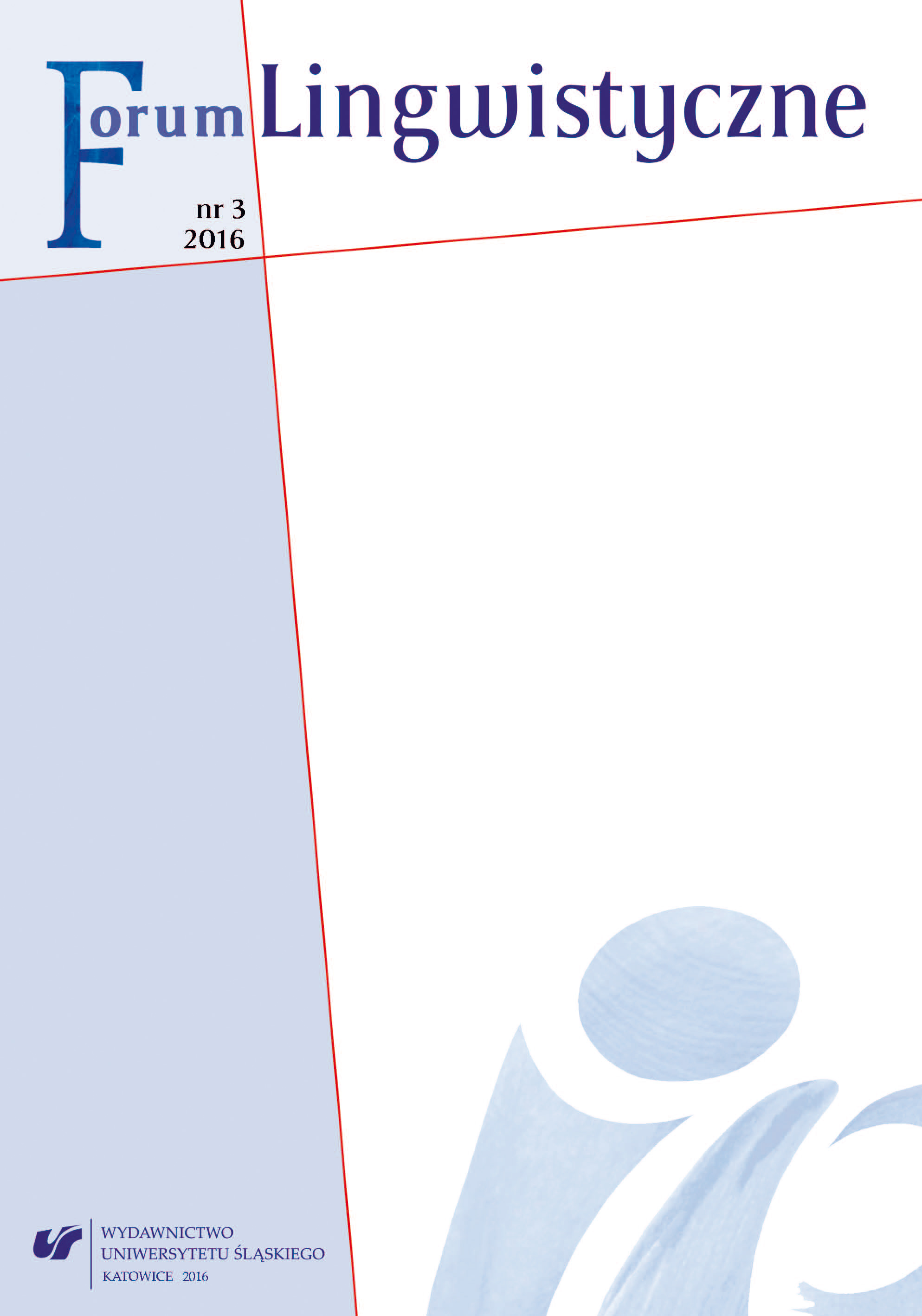
Keywords: university education; practical fields of study; promotion and crisis communication
In the article the deliberations concerning university, its place in the present world, the status of academics and students, and cooperation between university and business were shown. Moreover, the authors pictured how amendments to the Higher Education Law in 2005 influenced the creation of new fields of study. Some new majors were presented, especially the practical ones created at the University of Silesia in Katowice. Particular attention was paid to the promotion and crisis communication, the field of study that was developed and still is managed in a substantive and organisational way by the academics in the Irena Bajerowa Institute of the Polish Language.
More...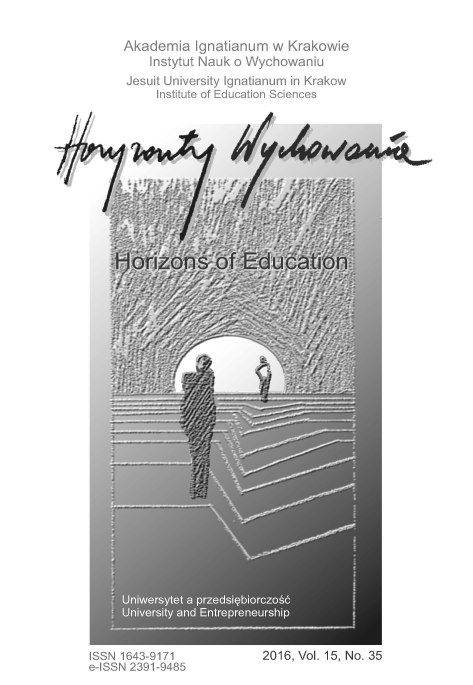
Keywords: kultura jakości; jakość zrządzania; przedsiębiorczość; uniwersytet liberalno-przedsiębiorczy; Jan Paweł II
CEL NAUKOWY: Celem artykułu jest zwięzłe przedstawienie koncepcji postrzegania funkcji (w tym zarządzania) współczesnego uniwersytetu oraz zasygnalizowanie wyższości koncepcji uniwersytetu liberalno‑przedsiębiorczego jako gwaranta kultury jakości nad innymi modelami: uniwersytetem liberalnym i uniwersytetem przedsiębiorczym.PROBLEM I METODY BADAWCZE: Autor stawia hipotezę badawczą głoszącą, że najlepszą drogą rozwoju szkół wyższych w Polsce jest przyjęcie oraz szybkie wdrożenie koncepcji liberalno- przedsiębiorczego uniwersytetu rozwojowego, który jest gwarantem osiągania najwyższego poziomu jakości pracy zarządzających i zarządzanych w szkole wyższej oraz ich rozwoju naukowo‑dydaktycznego, kreatywności i przedsiębiorczości. Postawiony cel i przyjęta hipoteza badawcza określają problem badawczy, którym Autor zajmuje się w tym opracowaniu, na podstawie wyników prowadzonych od kilkunastu lat badań nad jakością zarządzania w szkołach wyższych. Specyfika prowadzonych badań w naukach o zarządzaniu (zwłaszcza zarządzaniu w szkołach wyższych) powoduje, że ciągła interakcja między obserwatorem (profesorem) a systemem obserwowanym (uczelnią) sprawia, iż trudno tu rozdzielić obserwatora od przedmiotu obserwacji. Osoby prowadzące badania muszą jednocześnie stosować różne metody poznawcze i praktyczne, ilościowe i jakościowe, które pozwolą na osiągniecie wyznaczonych celów badawczych i weryfikacje hipotez badawczych. W tej autor sytuacji wypracował własną metodę łączącą metody poznawcze i praktyczne, co powoduje, że stosuje w powiązaniu z sobą metody: pragmatyczne, empiryczne, formalne i tzw. rozumiejące.PROCES WYWODU: Uniwersytety muszą dziś podjąć samodzielną decyzję, w którym kierunku podążać. Prawidłowo realizowana koncepcja uniwersytetu liberalno‑przedsiębiorczego zapewnia uczelni środki niezbędne do samofinansowania rozwoju i wysoką kulturę jakości zarządzanych i zarządzających w szkole wyższej.WYNIKI ANALIZY NAUKOWEJ: Kultura jakości w pracach naukowo‑badawczych i edukacyjno‑wychowawczych oraz zarządzania szkolnictwem wyższym i w uczelniach publicznych wyznaczona przez Ojca Świętego Jana Pawła II, który mówił „Postawione zadania wymagają od środowiska akademickiego radykalnego podniesienia jakości swej pracy, realizowanej na płaszczyźnie naukowej i dydaktycznej, zarówno poprzez nauczycieli akademickich, jak i pozostałych zatrudnionych w uczelniach oraz studentów i doktorantów” powinna być wskazówką dla społeczności akademickiej oraz Ministerstwa Nauki i Szkolnictwa Wyższego. Bardzo ważne dla polskiej gospodarki i jakości życia jest to, aby jak najszybciej kultura jakości w pełni zastąpiła „kulturę bylejakości”, którą spotkać można jeszcze w murach polskich uczelni, wśród zarządzających i zarządzanych. Zarządzanie w szkołach wyższych wymaga projakościowej restrukturyzacji w celu zapewnienia w ich funkcjonowaniu rzeczywistego przestrzegania zapisanej w ich statucie misji uczelni, kultury jakości i poprawnej realizacji celów szkoły wyższej, a nie tylko pogoni pracowników i władz uczelni za pieniądzem. Przeprowadzone badania dowodzą, że najlepszą koncepcją rozwoju szkół wyższych w Polsce byłoby dążenie do osiągnięcia najwyższych wartości uniwersytetu liberalno‑przedsiębiorczego gwarantującego wysoki poziom kultury jakości i ciągły rozwój. Współczesny uniwersytet powinien być jednocześnie liberalny – musi nawiązywać do cech koncepcji uniwersytetu Wilhelma von Humboldta, oraz przedsiębiorczy – musi odpowiadać wymogom koncepcji uniwersytetu Burtona R. Clarka. Cechy uniwersytetu liberalno‑przedsiębiorczego są gwarantem wysokiego poziomu kultury jakości, którą zapewni wysoka jakość kształcenia i prowadzonych badań naukowych.WNIOSKI, INNOWACJE, REKOMENDACJE: Z prowadzonych od kilkunastu lat badań wynika, że konieczna jest ochrona jakości kształcenia i wzrost jakości prowadzonych badań naukowych i publikacji, dlatego też przedsiębiorczość uczelni w Polsce powinna być nadzorowana, a co za tym idzie, w uzasadnionych przypadkach nadużyć, częściowo ograniczona przez MNiSW. Władze każdej szkoły wyższej powinny eliminować wszelkie pojawiające się patologie, w tym przeciwdziałać funkcjonowaniu w uczelni grup interesów (ugrupowań politycznych, wyznań, myślących inaczej, różnych koterii) oddziałujących na funkcjonowanie uczelni oraz blokownie i osłabianie działania grup nacisku i ingerencji zewnętrznej różnych instytucji. Zarządzający w uczelniach powinni zostać zmobilizowani do poprawy jakości zarządzania, a zarządzani – do doskonalenia jakości wykonania swojej pracy. Wówczas będzie można dopiero stopniowo uwalniać naukę i szkolnictwo wyższe od nadmiernego obciążenia administracyjnego. Przekształcenie uczelni w uniwersytet liberalno‑przedsiębiorczy oraz postawienie na ludzi, którzy dążą do poprawy jakości swej pracy (zarządzania i wykonania), wymaga jednak radykalnego wzrostu nakładów na naukę i szkolnictwo wyższe oraz odczuwalnego wzrostu jakości życia zatrudnionych w nauce i w szkolnictwie wyższym.
More...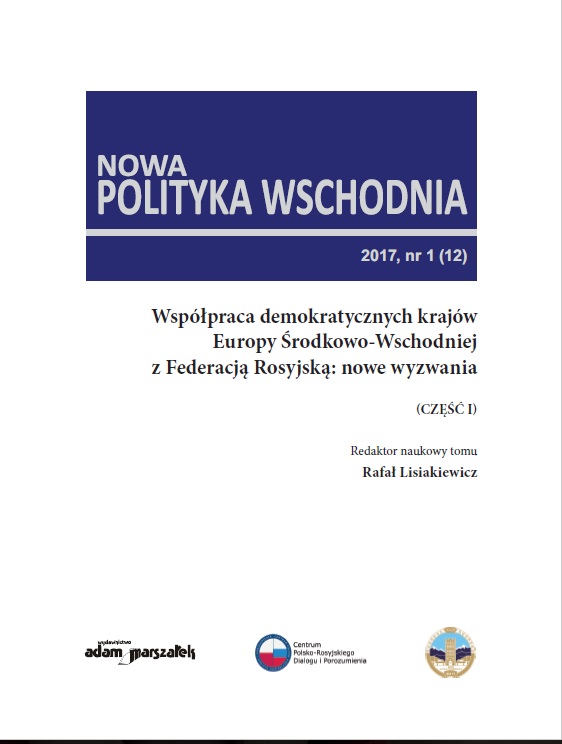
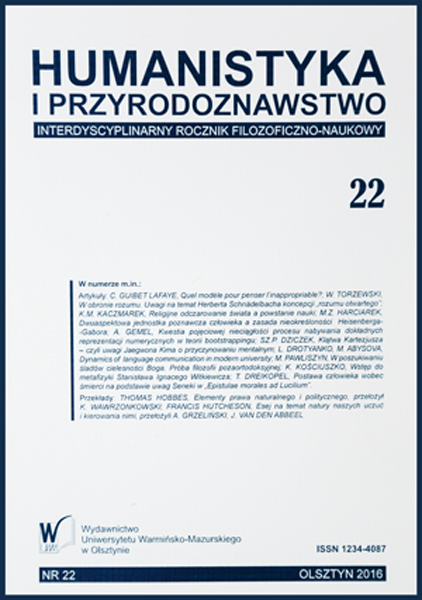
Keywords: linguistic communication; polydiscourse; "force of language” in the culture; globalization; culture of communication;
W artykule przedstawiono analizę wpływu globalnych i lokalnych tendencji społeczno-kulturalnych, związanych z tworzeniem wielokulturowej przestrzeni, na stan praktyk językowych w środowisku kształceniowym współczesnego uniwersytetu.
More...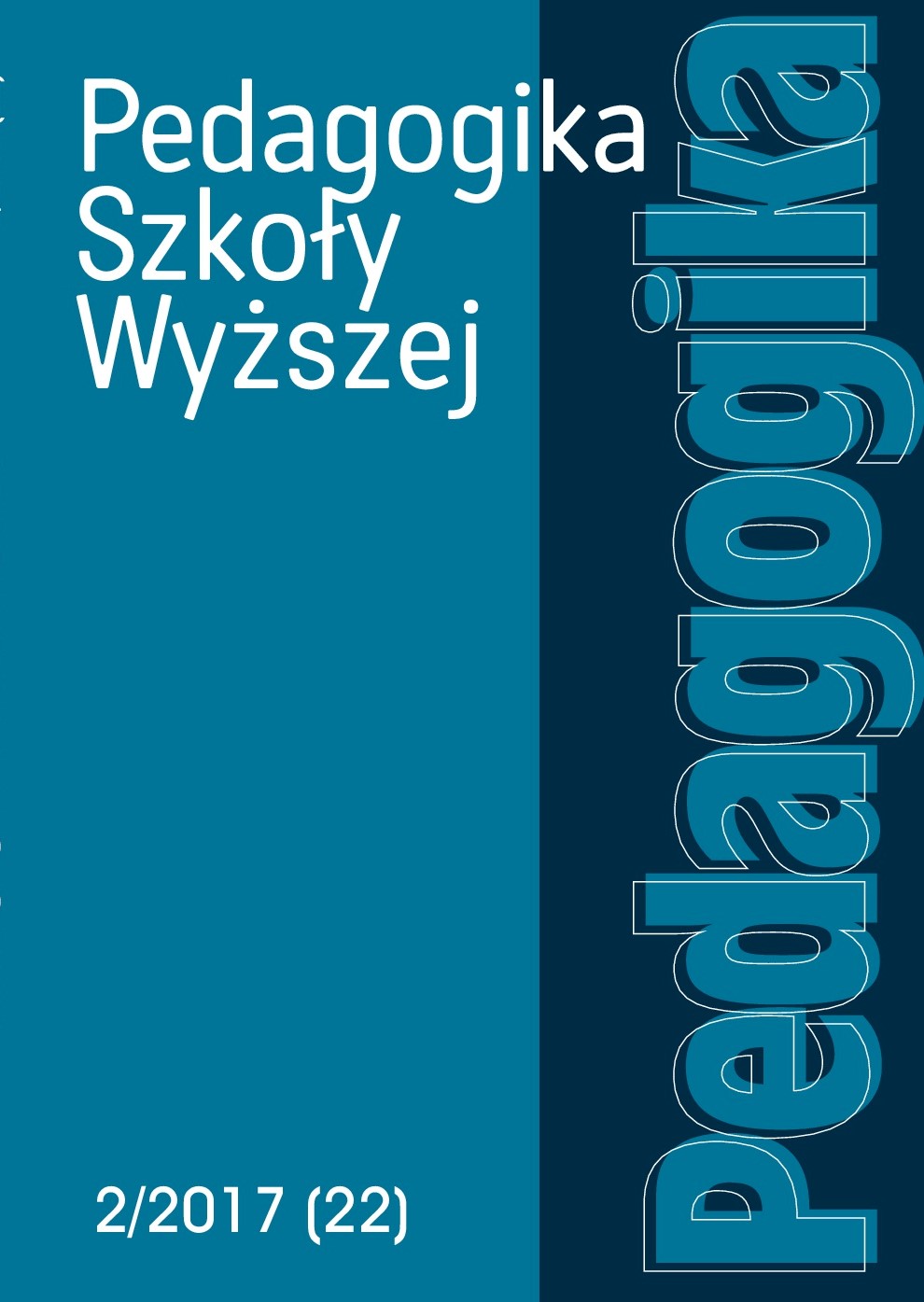
Keywords: the idea of university; science; neoliberalism; university and commercialization
What is the University today and what should it become tomorrow? This is a question which is not easy to answer. Discussions about the idea of University are a kind of conflict of values, and, more broadly, a normative dispute on reality in which we live. The Humboldt’s Model seems to be the quintessence of the idea of university as combining scientific activity and the mission of education. For this reason it is important that both, the student and the University’s employee, understand the essence of science, as well as the “style” of the scientific work itself. In this article I attempt to indicate a relationship between the way of teaching in Universities and the possibility of survival of this institution in its traditional form.
More...
Keywords: folk high schools; School for Life; Grundtvig; adult educati
The subject of analysis is the folk high schools as an institution of informal adult education. An attempt was made to answer the question whether a folk high schools is an institution whose magnificence period has passed and will not return, or whether they are educational and educational institutions that will be reborn in the XXI century. The following text presents the historical context of the creation and functioning of Schools for Life, as well as their contemporary fate.
More...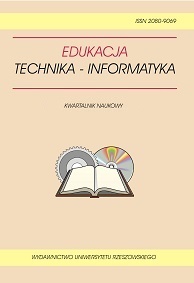
Keywords: Children’s University; Small University of Rzeszów; education; learning; non-formal education;
The article presents ideas along with a historical retrospective of the creation of Children’s Universities and discussed one of the leading Rzeszów University in Rzeszów.
More...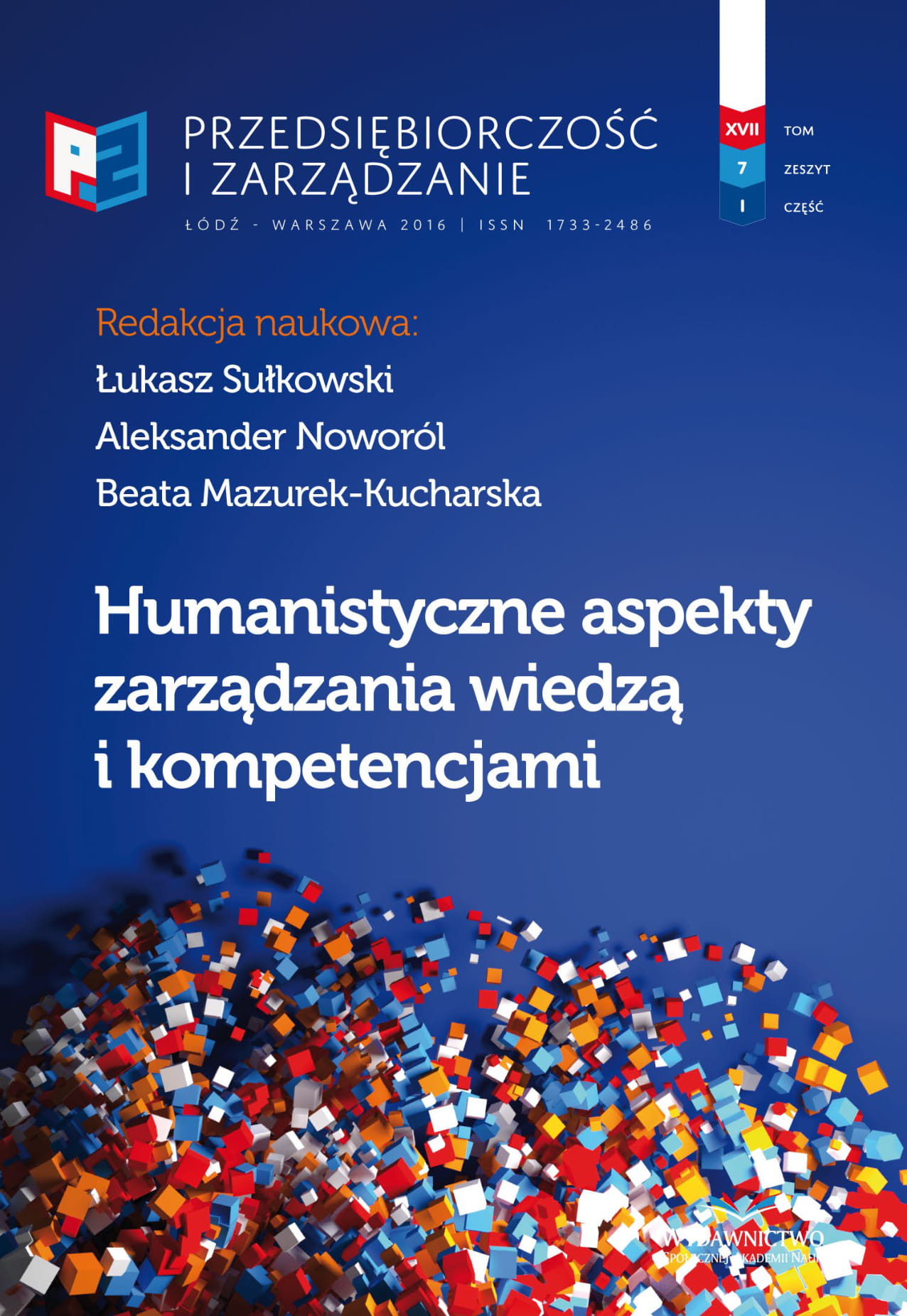
Keywords: Universitas; Migration; Public policy
Global market for educational service crates two types of international university: professional and academic. Competition among professional universities is very strong, as a result global universities are centers of networks in talent migration. Old academic universities are centers for cross cultural adaptations of migrants. This paper covers developed concept of civil university as key element in public policy on migration in European Union and in Poland. It is proposed to establish Slavenic University for civil adaptation of postsoviet migrants, and Global University of Florian Znaniecki for cultural adaptations for muslim migrants.
More...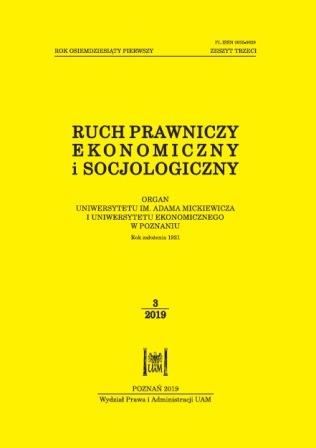
Keywords: university; common good; common interest;
New legal regulations concerning the organization, structure and functioning of science and higher education, called the Constitution for Science 2.0 (Act of 20 July 2018 on Higher Education and Science), mean a revolutionary transformation of Polish scientific and educational institutions. The proposed changes, even though they were widely expected in academic circles awaiting a systemic reform, raise many objections and hopes at the same time. However, the changes are being gradually implemented and one must adapt to them (dura lex sed lex). Therefore, while adapting our activity to the new conditions of the functioning of the university, when co-creating its new structure, registering one’s own scientific and didactic activity as a new branch and discipline of science, and taking a particular position regarding the ongoing changes, it may be worth paying attention to the fact that the university as a whole is our common good and its effective functioning is a common interest of the academic community. The article aims to apply the ideas of the common good and the common interest to understanding the university and the functioning of its community. This is important when new legal regulations, being a new challenge, are probably also an opportunity for the further, successful development of the institution we all work in. These kinds of deliberations are preceded by a reconstruction of the state of Polish science and higher education in the years before the changes were implemented, together with the changes that were suggested over the years. The reflections contained in this text may be helpful in our thinking and our activity. This paper presents the subjective views and opinions of the author. It is dedicated to the late Professor Teresa Rabska, the Editor-in-Chief of the Ruch Prawniczy, Ekonomiczy i Socjologiczny (Journal of Law, Economics and Sociology) for many years, who, as a Vice-Rector of Adam Mickiewicz University in Poznań, in the difficult times of martial law encouraged her co-workers to defend this common good, which is the university, and to care about its prosperity.
More...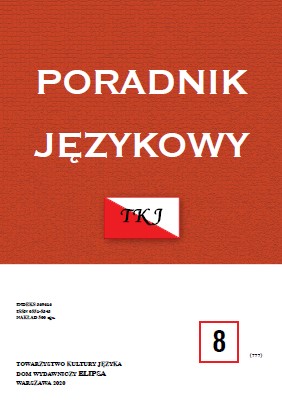
Keywords: Academic conference ICOMP; Multilingual practice; Szczecin;
W dniach 24–26 lutego 2020 roku w Uniwersytecie Szczecińskim odbyła się konferencja naukowa ICOMP – International Conference on Multilingual Practice (w tłumaczeniu polskim: Międzynarodowa Konferencja nt. Praktyk Wielojęzyczności). Konferencję zorganizował zespół językoznawców reprezentujący Instytut Językoznawstwa Uniwersytetu Szczecińskiego pod kierownictwem dr hab. Hanny Pułaczewskiej, prof. Uniwersytetu Szczecińskiego. Poza Hanną Pułaczewską w skład komitetu organizacyjnego konferencji wchodzili dr hab. Agnieszka Stępkowska, prof. US, dr Małgorzata Sokół i dr Witosław Awedyk.
More...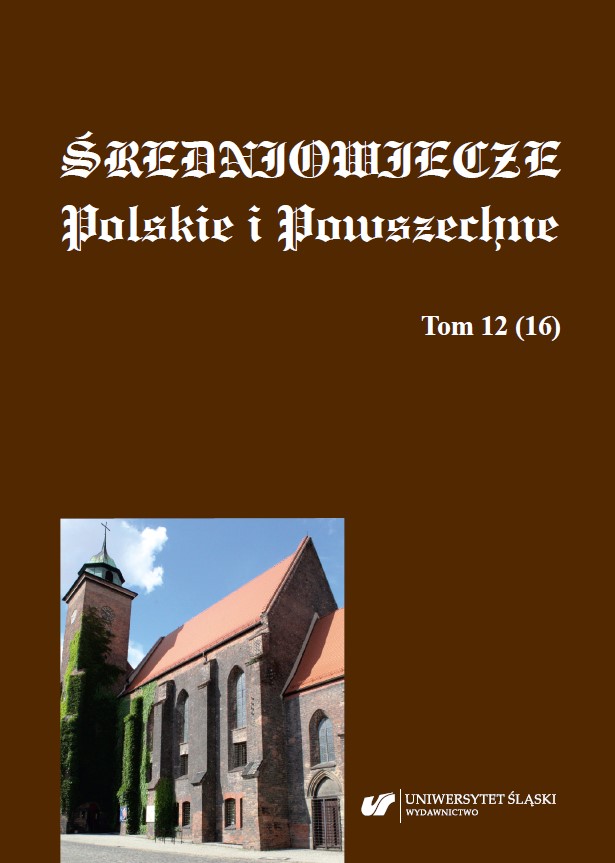
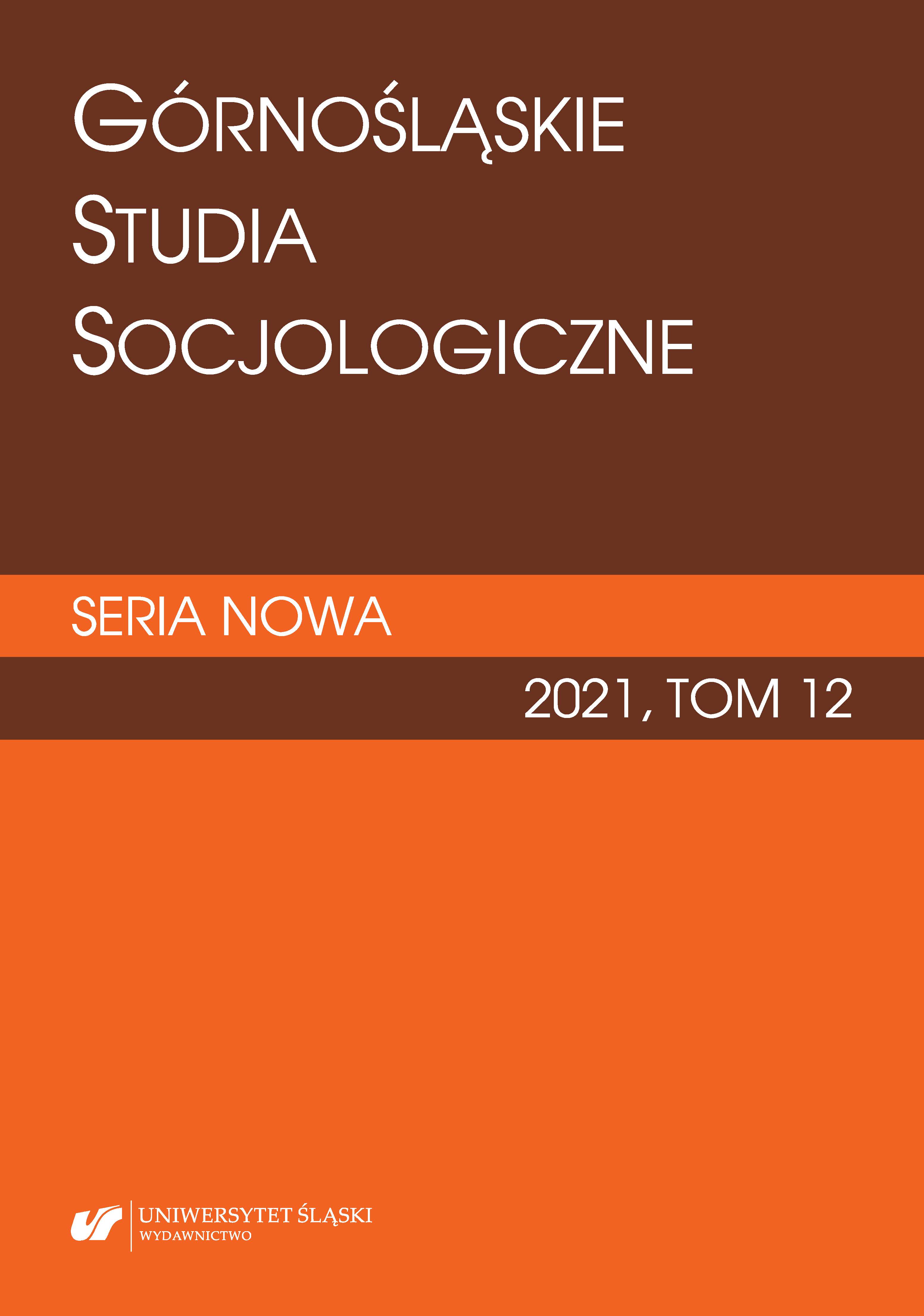
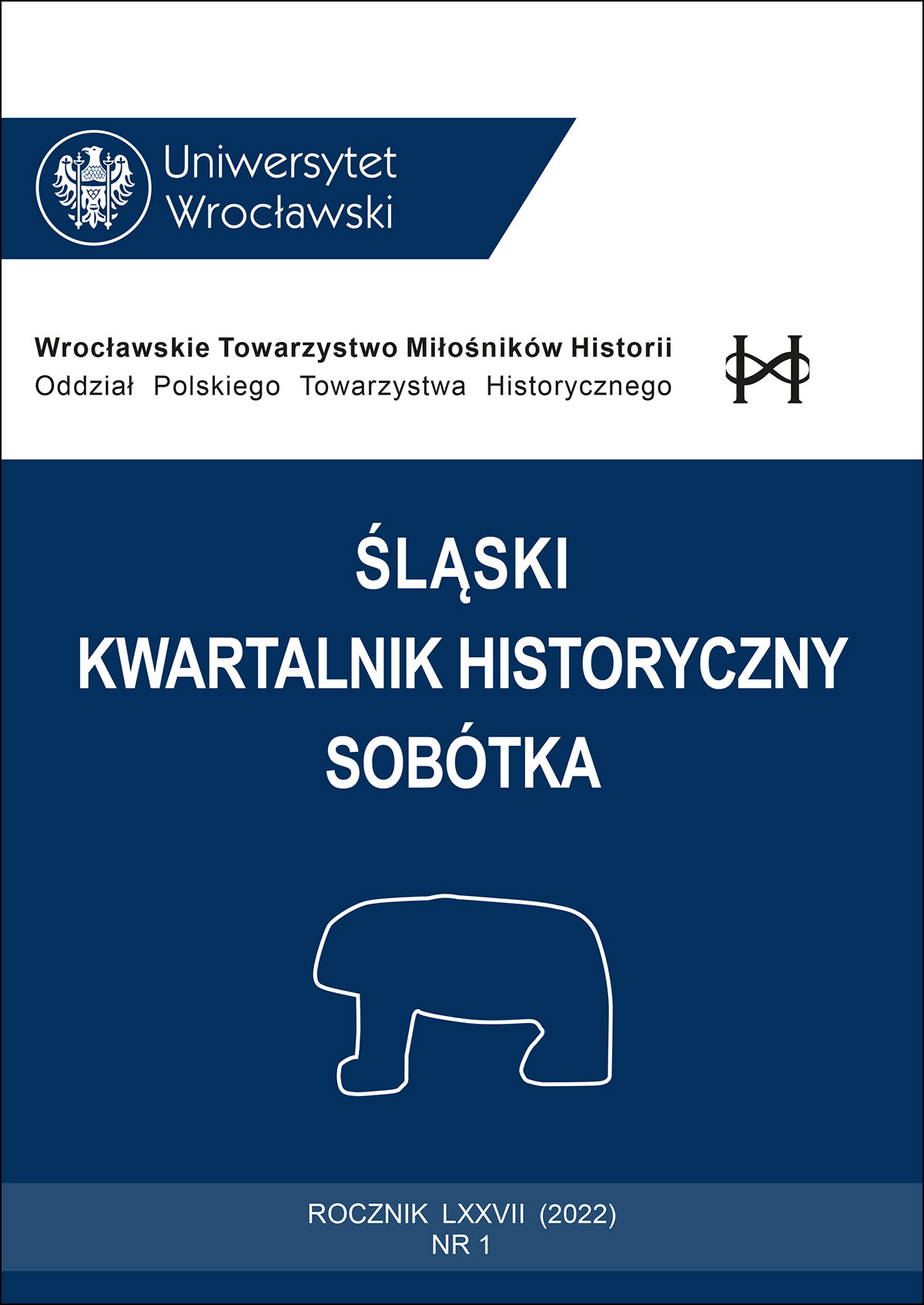
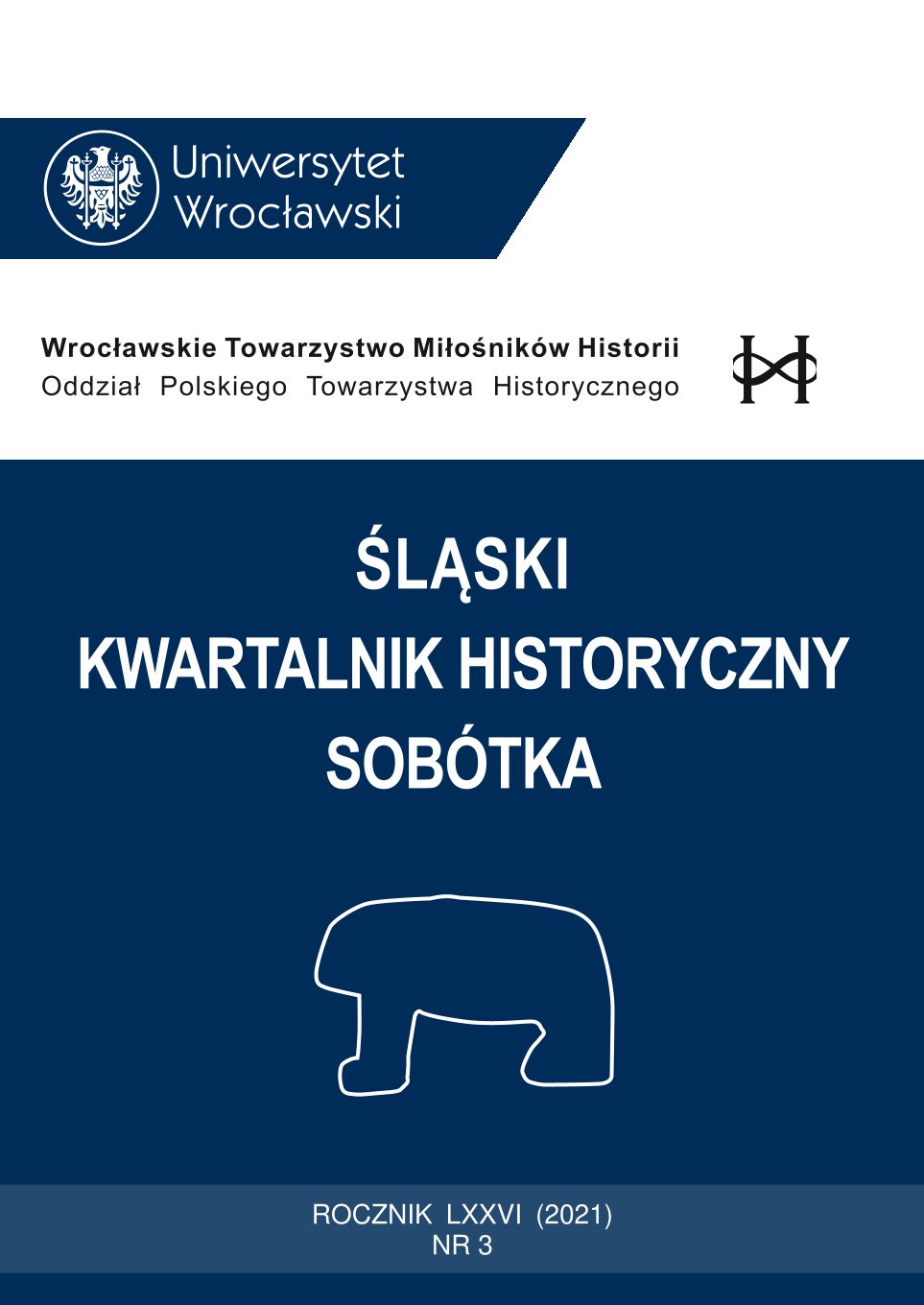
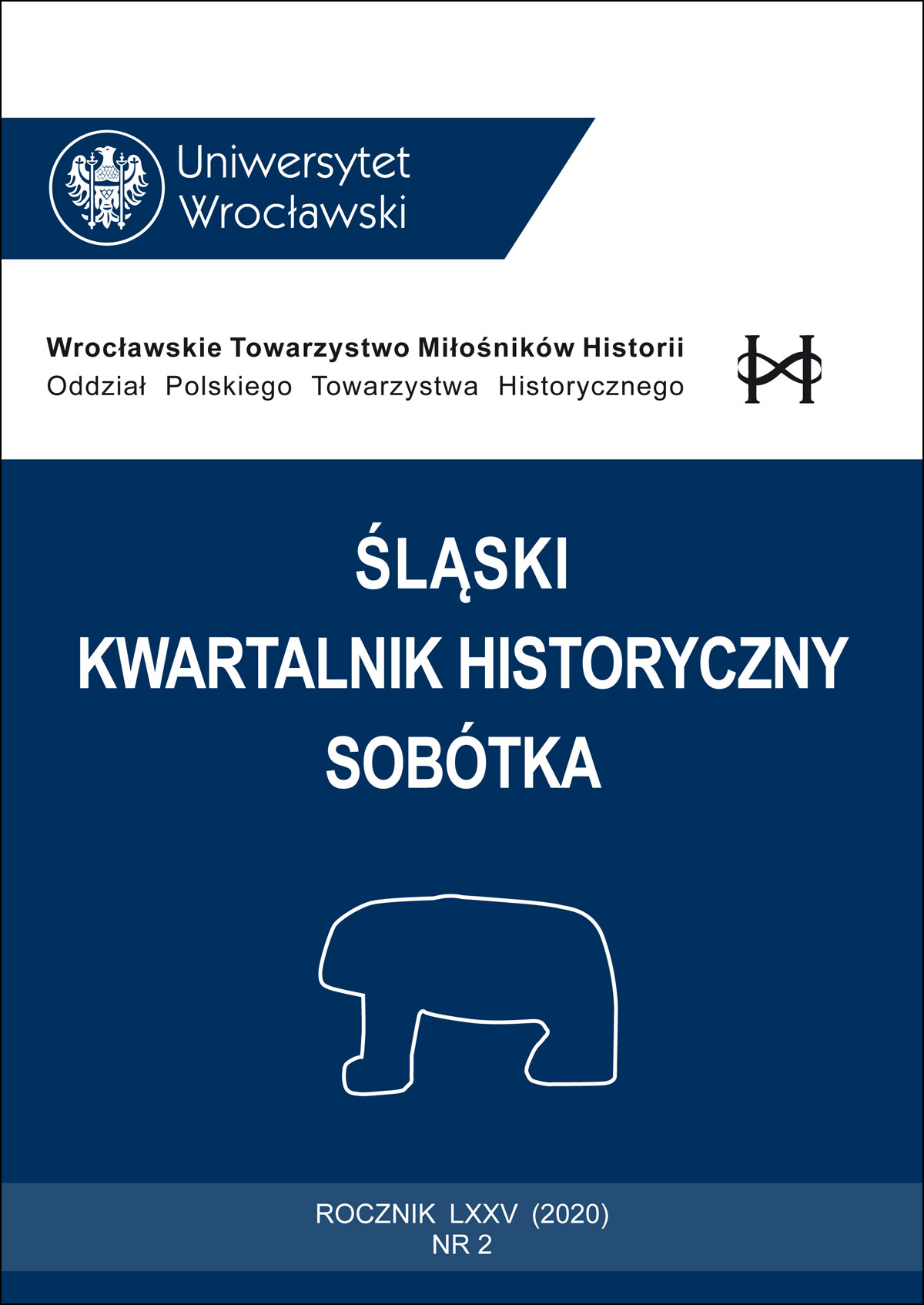
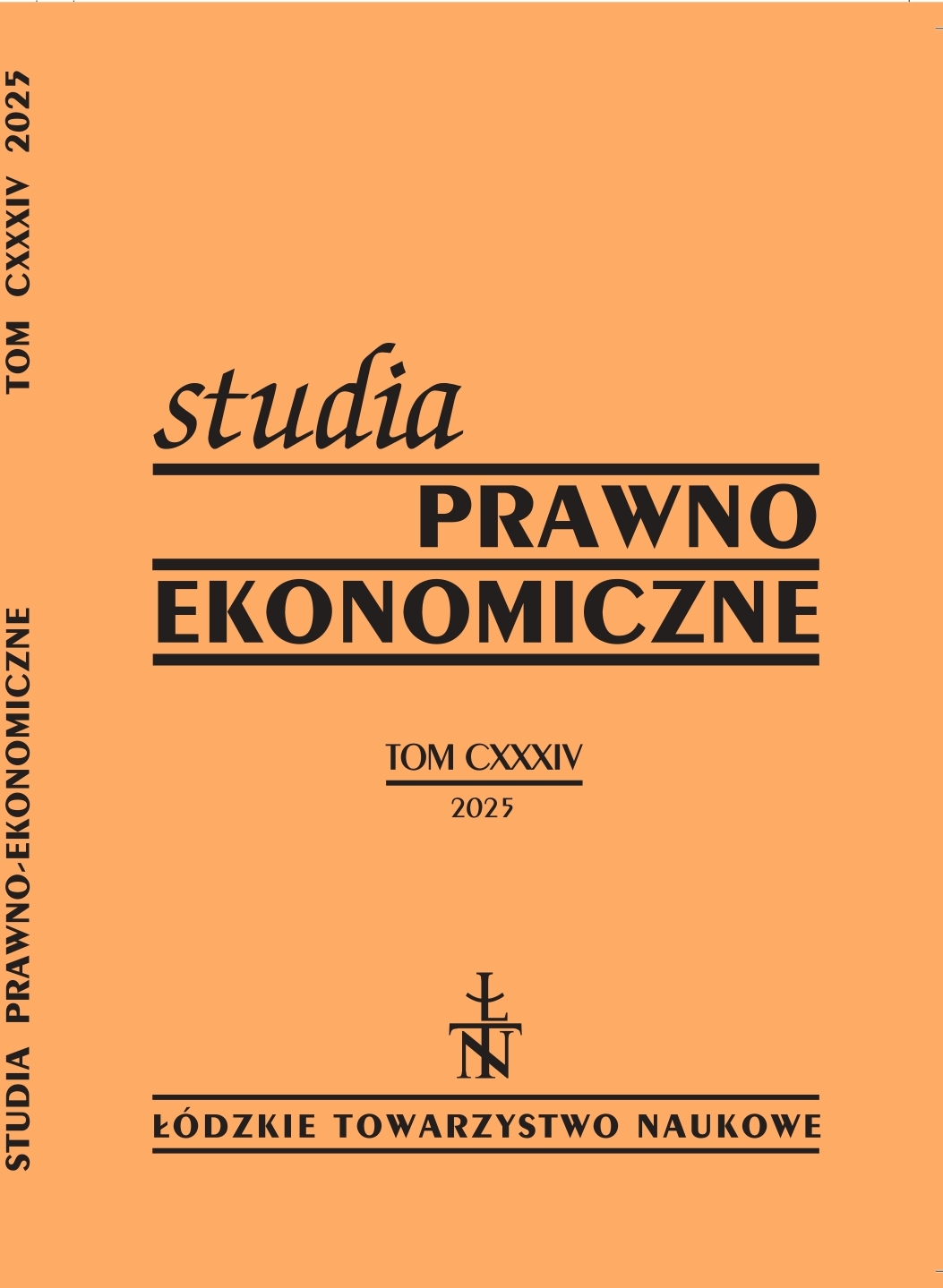
Keywords: conference report;
REPORT FROM THE SCIENTIFIC CONFERENCE "HERITAGE OF THE PAST.PERSPECTIVES FOR ARCHIVE RESEARCH", UNIVERSITY OF SILESIA IN KATOWICE, FACULTY OF LAW AND ADMINISTRATION, 8.11.2024
More...